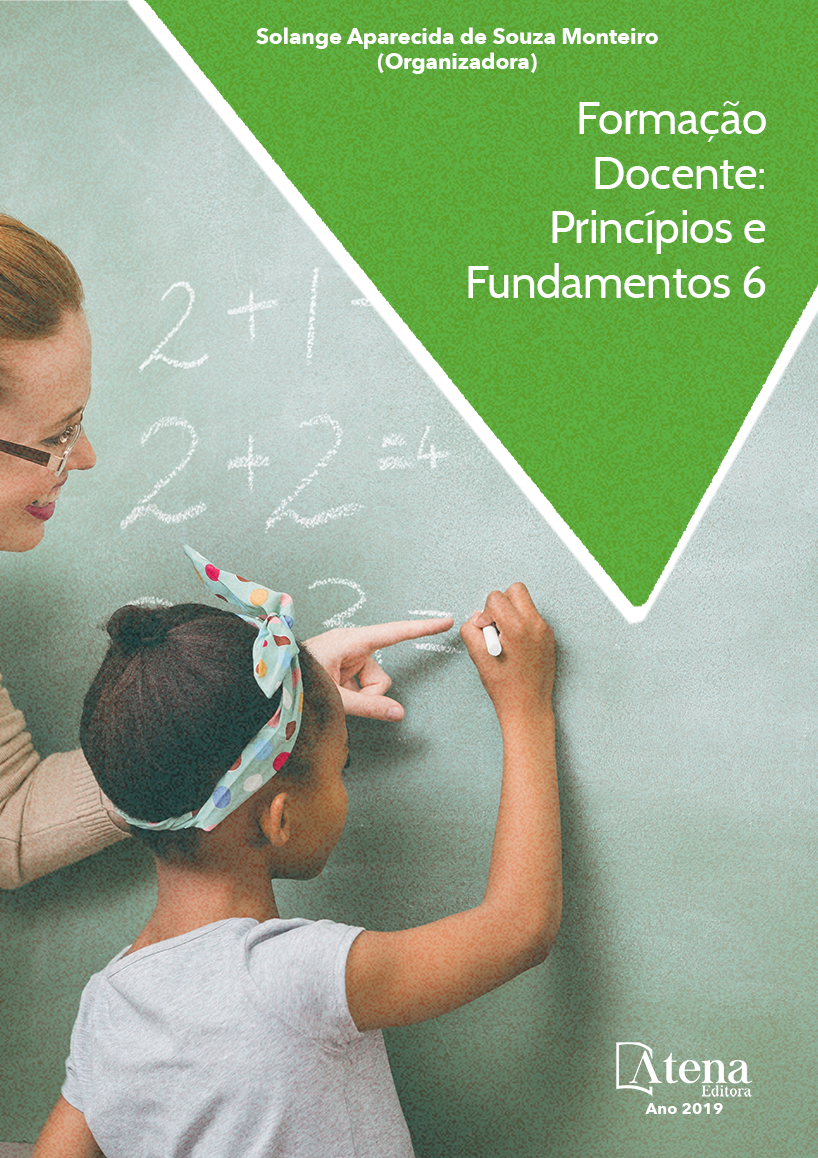
UM ESTUDO SOBRE PRÁTICAS CURRICULARES DIFERENCIADAS NO CURSO DE PEDAGOGIA: ENTRE A TRADIÇÃO E A INOVAÇÃO
O presente texto apresenta
relatos de experiência de estudantes do
segundo semestre do curso de Pedagogia
de uma instituição de ensino superior privada
localizada no município de São Paulo. Objetivase, com este trabalho, identificar como estes
licenciandos veem e concebem o currículo e
a proposta teórico-metodológica de escolas
progressistas e de escolas tradicionais e, por
conseguinte, para qual vertente têm maior
inclinação. Para tal, os discentes, organizados
em pequenos grupos, desenvolveram pesquisas
empíricas e bibliográficas em um rol de escolas
sugerida pelas docentes, podendo, com isso,
conhecer diferentes projetos pedagógicos
e formas de organização curricular. Como
material de análise, para o desenvolvimento
deste estudo, foram selecionadas atividades
avaliativas dos discentes, as quais indicavam a
proposta curricular com que mais e menos se
identificaram, seguida das devidas razões de
escolha. O estudo se pauta, sobretudo, na obra
de Silva – Documentos de Identidade - que
apresenta três teorias em que o currículo pode
ser classificado e interpretado: tradicionais,
críticas e pós-críticas. Além de Silva, deram
suporte a este trabalho autores como Zabala,
Moreira e Candau. O processo final revelou
que, apesar de no discurso estudantil haver
uma predisposição para um currículo mais
crítico e inovador, na prática as respostas dos
trabalhos escritos individuais indicaram uma
identificação mais disciplinar e tradicional,
provavelmente, forjada pela cultura de que uma
boa proposta pedagógica é aquela que prepara
os alunos para o vestibular e/ou para o mercado
de trabalho.
UM ESTUDO SOBRE PRÁTICAS CURRICULARES DIFERENCIADAS NO CURSO DE PEDAGOGIA: ENTRE A TRADIÇÃO E A INOVAÇÃO
-
DOI: 10.22533/at.ed.72919300516
-
Palavras-chave: Práticas Pedagógicas. Currículo. Formação Docente.
-
Keywords: Pedagogical Practices. Curriculum. Teacher training.
-
Abstract:
The present text presents
experiences of students of the second semester
of the Pedagogy course of a private higher
education institution located in the city of São
Paulo. The objective of this work is to identify
how these graduates see and conceive the
curriculum and the theoretical-methodological
proposal of progressive schools and traditional
schools and, therefore, to which slope they
are more inclined. To this end, students,
organized in small groups, have developed
empirical and bibliographical research in a list
of schools suggested by the teachers, so that
they can know different pedagogical projects and forms of curricular organization. As
an analysis material, for the development of this study, students’ evaluative activities
were selected, which indicated the curricular proposal with which they more or less
identified themselves, followed by the appropriate reasons for choosing. The study is
based mainly on the work of Silva - Identity Documents - which presents three theories
in which the curriculum can be classified and interpreted: traditional, critical and postcritical. In addition to Silva, this work was supported by authors such as Zabala, Moreira
and Candau. The final process revealed that although in the student discourse there is
a predisposition for a more critical and innovative curriculum, in practice the answers of
the individual written works indicated a more disciplinary and traditional identification,
probably forged by the culture that a good pedagogical proposal is the one that prepares
the students for the entrance exam and / or the job market.
-
Número de páginas: 15
- Adriana Patrício Delgado
- Mariangélica Arone


